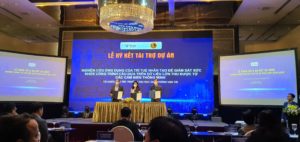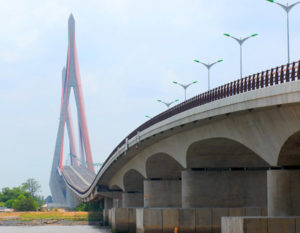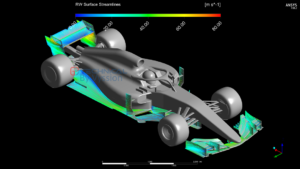
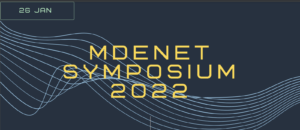
On 26th January 2022, Prof. Balbir Barn from LDTRC delivered a keynote talk on “Digital Twin: Current Practice and Future (Sociotechnical) Prospects” at the MDENET Symposium 2022. Digital Twin research and activity is prevalent such that Digital Twins are acquiring silver bullet status. In the United Kingdom in particular, Digital Twin features as a key strand in future-proofing UK infrastructure such as that described in the UK Innovation Strategy. Notably, Digital Twins (DT) have a family resemblance to computational modelling and computer simulation more generally. The talk outlined the importance of the role of DT, their key characteristics, the types of digital twin and their underpinning enabling technologies. Continue reading “Keynote Talk at MDENET Symposium 2022”


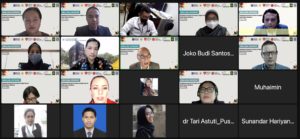
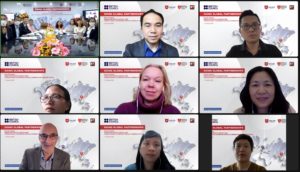
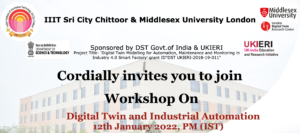
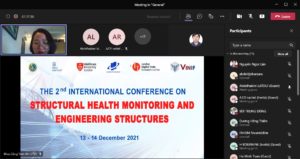
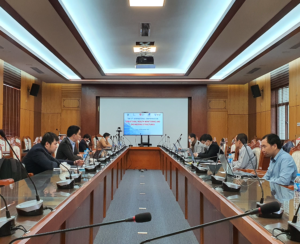
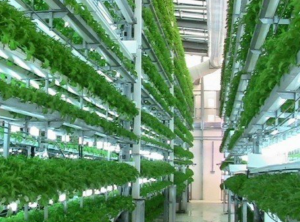 product supply during COVID-19 pandemic brought the idea of adapting a highly automated vertical farm system to the urban context. This project is international research that is aimed at sustainability issues arising from food resilience needs. The project will install two greenhouses to support vertical farming and use DT/IoT smart solutions to control and monitor production. Alongside the technical work, there is a substantive piece of educational work on vertical farming with young people. The project is also an example of collaboration with the Business School. We are collaborating with Van Lang University from Vietnam.
product supply during COVID-19 pandemic brought the idea of adapting a highly automated vertical farm system to the urban context. This project is international research that is aimed at sustainability issues arising from food resilience needs. The project will install two greenhouses to support vertical farming and use DT/IoT smart solutions to control and monitor production. Alongside the technical work, there is a substantive piece of educational work on vertical farming with young people. The project is also an example of collaboration with the Business School. We are collaborating with Van Lang University from Vietnam.